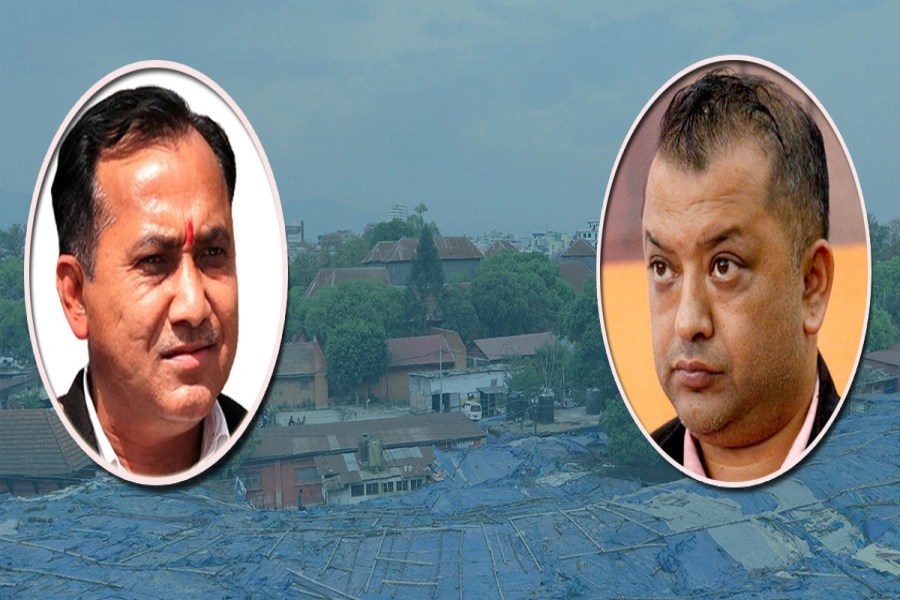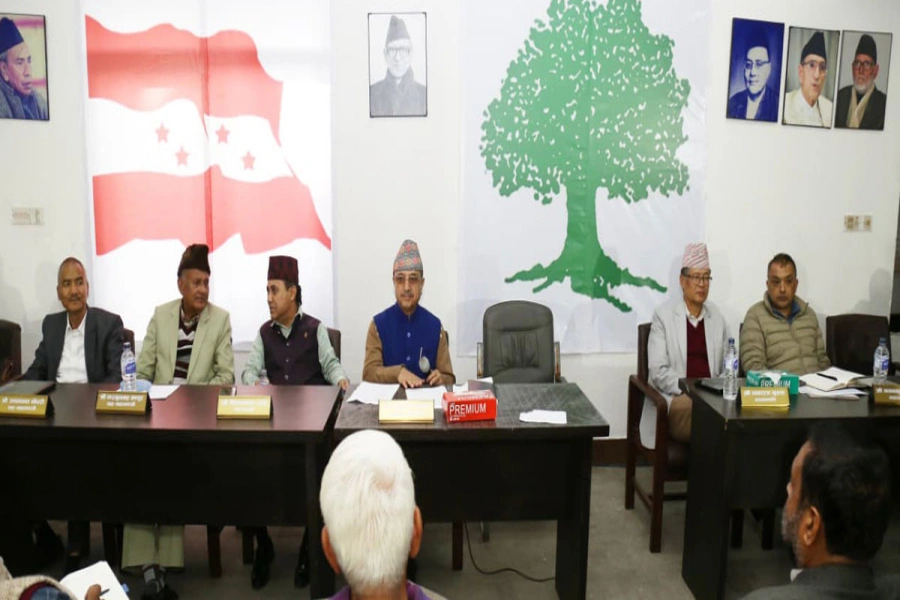Artificial Intelligence (AI) is rapidly transforming the global technological landscape, impacting everything from economic systems to human rights, governance to sustainable development. In Nepal, the adoption of AI is underway—albeit at a modest pace—across various sectors such as banking, media, agriculture, healthcare, and the wider economy. However, the country’s formal policy recognition of AI is still in its early stages. In this context, the article explores Nepal’s emerging AI policy landscape, analyzes its key provisions, assesses both its strengths and limitations, and presents forward-looking recommendations.
Policy Provisions regarding the use of AI
Nepal has drafted the National Artificial Intelligence (AI) Policy 2025 as an initial roadmap to guide the country’s transition into an AI. The policy, which is still in draft form, envisions the integration of AI across key development sectors to modernize industries, enhance service delivery, and boost national productivity. It outlines the need to formulate new laws and to revise existing laws to govern AI applications, in numerous areas such as intellectual property, data governance, and import/export of AI technologies among others. The policy emphasizes building digital infrastructure—including national databases, high-performance computing, and cloud platforms. Also, the policy gives emphasis on research, innovation, and startup ecosystems through funding and training. More importantly, the policy prioritizes awareness, capacity-building, and the inclusion of AI in school curricula. The policy also provisions the use of AI in healthcare to improve access and service quality; in education to implement adaptive learning; in agriculture for smart farming and disease monitoring; in energy for smart grids and forecasting; in transportation for traffic and logistics management; and in tourism for AI-based travel planning.
To ensure its effective implementation, the draft policy provisions several institutional mechanisms. A high-level AI Supervision Council has been proposed to be chaired by the Minister for Communications and Information Technology. The Council is proposed to provide overall strategic oversight on the use of AI. Another institutional mechanism is the NationalAI Excellence Center. It is proposed to manage AI research, address ethical issues, and promote innovation.
FIR lodged as lights on Ayodhya’s Ram Path and Bhakti Path go m...

Before the formal introduction of the National Artificial Intelligence (AI) Policy 2025, Nepal had already taken steps to recognize AI. For example, the Science, Technology and Innovation Policy 2019 acknowledges the importance of AI, biological information, and robotics, stating in its Work Plan on Infrastructure Development and Security. Likewise, the Digital Nepal Framework 2019 identifies AI, along with robotics as disruptive forces reshaping business models and enabling exponential growth across government and enterprise sectors.
Critical Reflection on Nepal’s AI Policy 2025
Despite its ambitious vision, the draft of the National AI Policy 2025 is not free from criticism. The first concern is that the policy lacks clear enforcement and accountability mechanisms. There is no designated authority to address potential harms or biases caused by AI systems. This is particularly problematic in a country like Nepal, where digital literacy remains low. The policy also lacks a detailed funding roadmap, raising questions about how essential infrastructure, such as high-performance computing systems and cloud platforms, will be financed. Infrastructure deficits—like unreliable internet access in rural and remote regions—further threaten the equitable deployment of AI technologies. Similarly, while the policy outlines the integration of AI into academic curricula, it doesn’t provide detailed information on this. Further, it overlooks short-term measures like targeted training, boot camps, and international collaborations that are vital for building an AI-ready workforce. The policy acknowledges the need for responsible AI but does not provide robust safeguards against risks such as deepfakes, AI-driven surveillance, and algorithmic bias.
Nepal’s rank in global AI readiness also raises the red flag on the country’s progress and demands the urgency to put it on the national priority. Nepal ranks 150th out of 193 nations in the 2024 Government AI Readiness Index. This ranking serves as a wake-up call: Nepal must strengthen its AI governance framework, invest in infrastructure and human capital, and prioritize ethical, inclusive, and accountable AI development.
Towards Responsible AI in Nepal
Nepal must not only embrace artificial intelligence but do so responsibly. The National AI Policy 2025 (draft) sets the foundation, but true progress depends on the implementation that respects human rights, ethics, and inclusivity throughout the AI lifecycle. Embracing AI should not violate our fundamental values and constitutional mandates including right to privacy (Article 28), equality (Article 18), information (Article 27), and freedom from discrimination (Article 18.3) and so on.
To ensure AI systems uphold these values, Nepal can draw inspiration from global practices. India’s Telangana High Court cautioned against unregulated facial recognition, urging legal safeguards—a model Nepal can follow. Croatia amended its Labor Law to regulate algorithmic decision-making, ensuring worker protections and human oversight. Chile’s AI policy mandates ethical standards in public procurement, including bias detection and data protection. Morocco’s human rights council and Kenya’s academic community have addressed gender bias in AI, calling for inclusive design. South Korea’s National Human-Centered Guidelines for AI emphasize marginalized groups’ access, while Pakistan’s Center for Human Rights advocates AI regulation based on human rights.
Building on global examples and the broader principle of responsible AI use, Nepal must now shift from policy formulation to practical implementation. This transition requires a clear institutional framework, sustainable financing, and urgent investment in capacity-building. Strengthening AI infrastructure, including cloud systems, national databases, and research hubs, is essential, alongside short-term training programs to develop local expertise. Equally critical is the establishment of robust ethical and legal frameworks to address pressing concerns such as algorithmic bias, surveillance misuse, and digital exclusion.
(The author is a media and development researcher and interested in the intersection of media, development, gender and AI. He can be reached at pokharel.umesh@gmail.com)







































